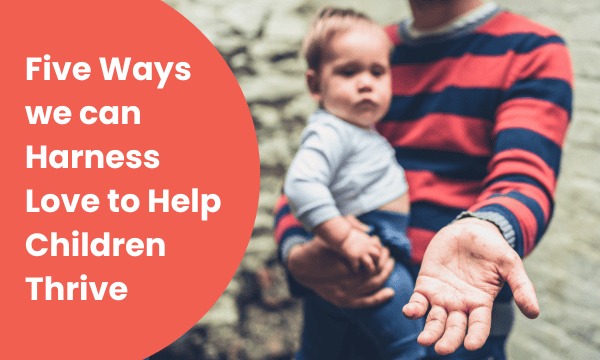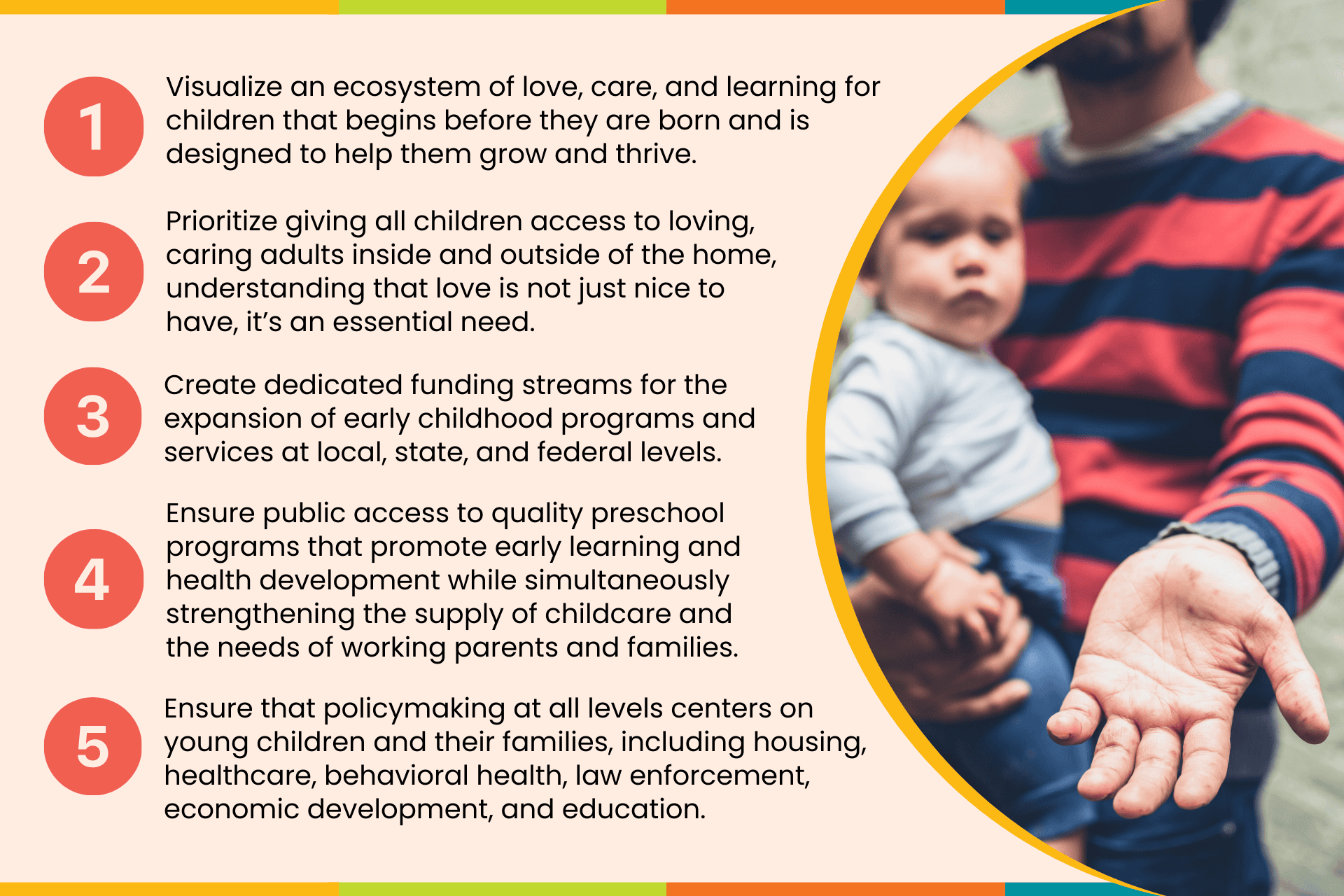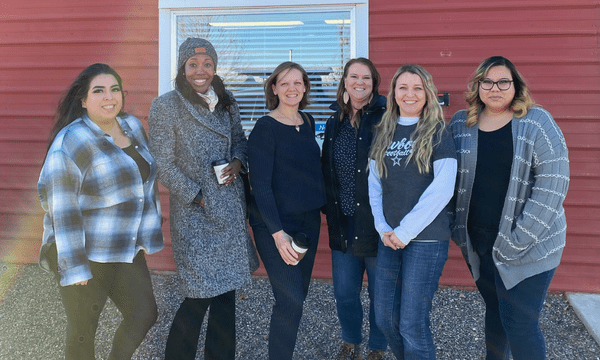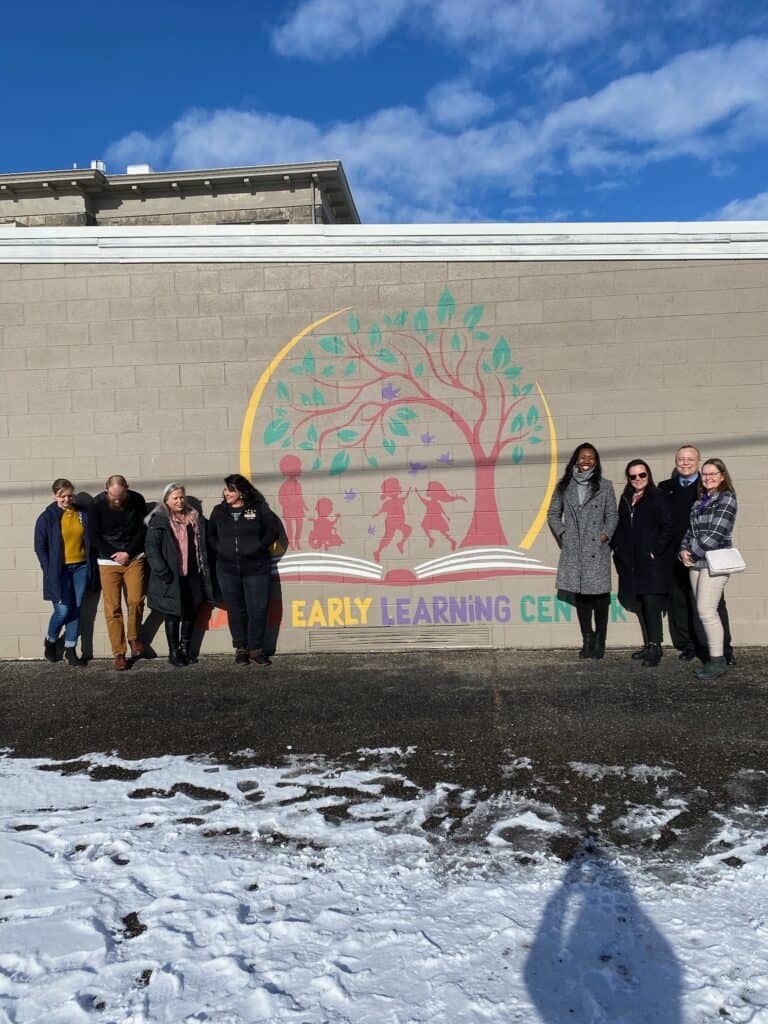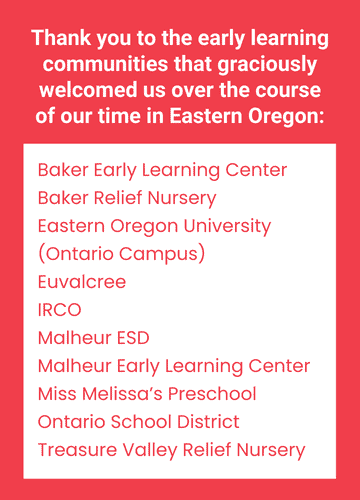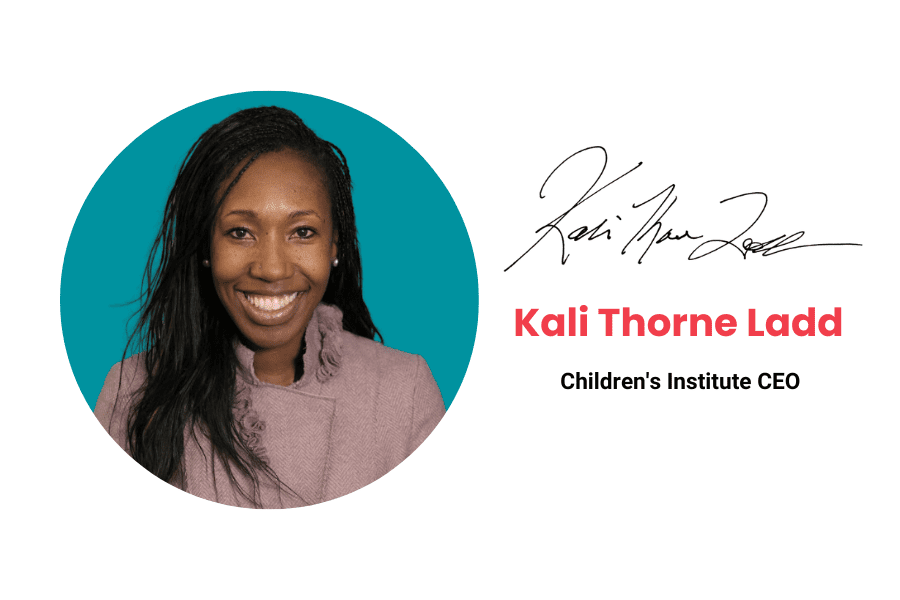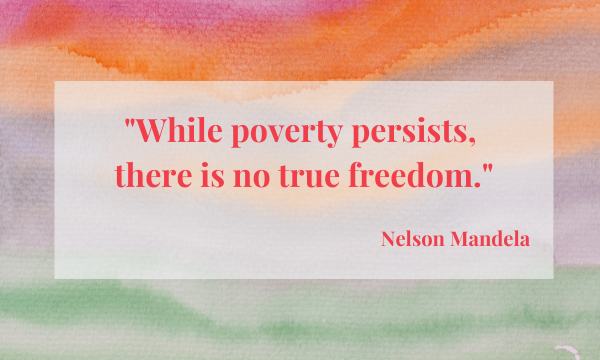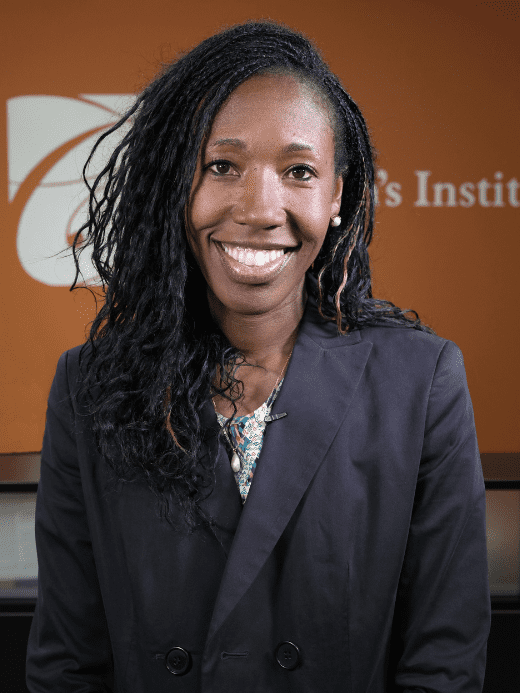An open letter to the Ways & Means Committee
Oregon faces many crises right now, but the needs of our children should be an urgent priority in this legislative session. Investments in early childhood are among the most important investments we can make. And while Oregon has made progress in this area, we must continue to invest in and strengthen the opportunities we create for children and families across the state.
As you toured Oregon, you heard and saw the homelessness, addiction, and chronic disease experienced by too many of our neighbors. These are real challenges across our state. Oregon needs to be making far greater investments in preventing these issues from getting so bad in the first place. This requires focusing on kids in a fundamentally different way.
Consider these facts:
- One million neural connections are made per second in the first year of a child’s life.
- The largest percentage of children in the child welfare system are children under the age of 5.
- The foundation for physical, mental, and emotional growth and development occur in the first 6 years of life.
- Of 23,000 Oregon children ages 0-5 on Medicare who have incarcerated parents, only 6 percent get the social emotional services they need
For many youth and adults, the roots of homelessness, addiction, and chronic disease start in the experiences, environment, and communities children experience prenatally through their early childhood. Our most cost-effective investments focus on prevention and target the earliest years of a child’s life. As such, it was dismaying not to see children and the early childhood sector at the top of your priority list this session.
We have a short window of time, in the life of a human, to get things right and to chart a new course for the future of Oregon. If we are serious about ending addiction, homelessness, chronic disease and delinquency, it is irresponsible and negligent for us not to invest in strategies and actions that prioritize these earliest years.
Everywhere we travel around Oregon, communities elevate the needs of their children and the vital role the childcare sector plays in local economic development. Improving K-12 education is necessary but not sufficient: we need to invest in these foundational years that catalyze brain growth while also bolstering a child care industry that creates jobs, provides small business opportunities for middle-class people, and enables parents of young children to work outside the home. The US Chamber of Commerce reinforces the essential nature of child care in our economy. Lack of child care costs businesses 20 percent of lost wages for hourly employees and 150 percent of lost wages for managers. The economic impact is sizable.
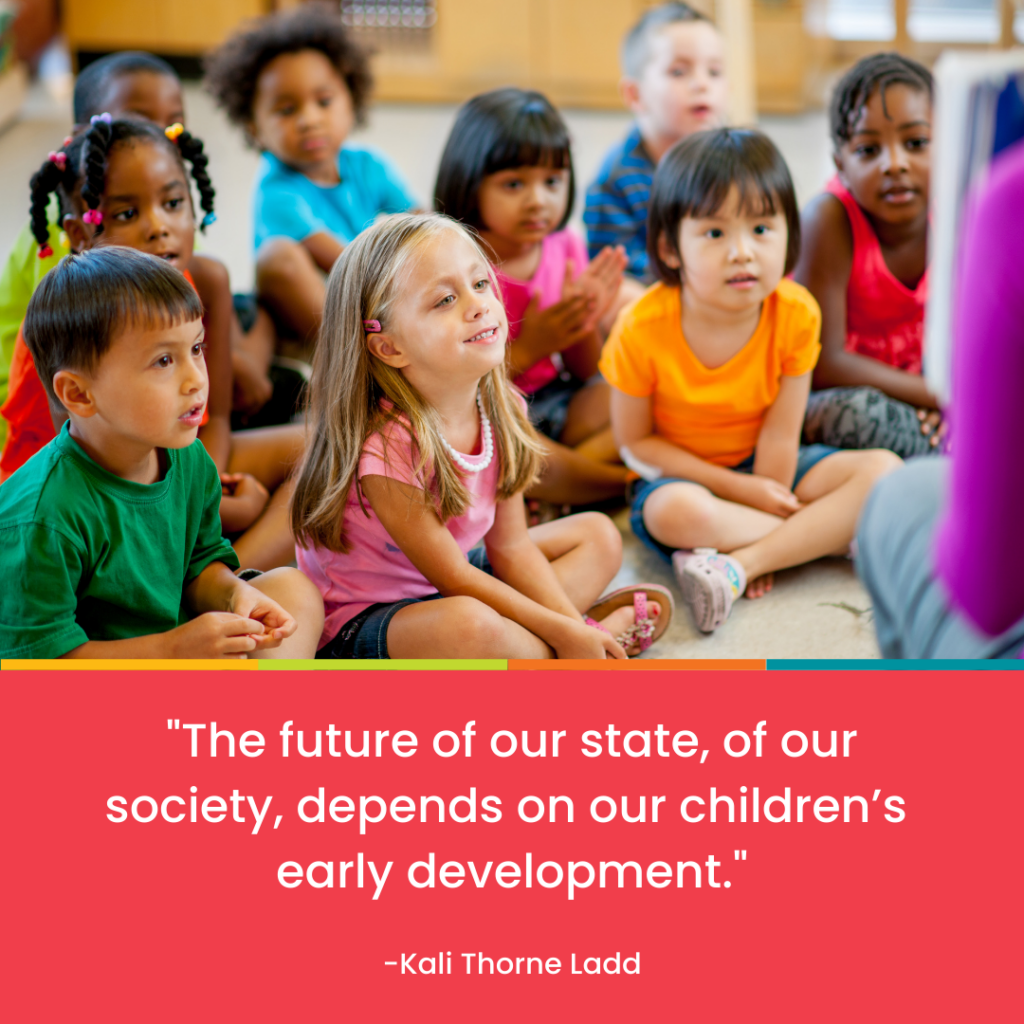
Community partners, in collaboration with the Governor and state agencies, have identified critical investments for this biennium to ensure Oregon is making headway to become the best place to be a child. Progress requires that you make investments now in Oregon’s early childhood workforce, facilities infrastructure, program stability, growth, and expansion, and early childhood mental and behavioral health.
If we don’t invest our limited dollars in our children, we will continue to set children on the wrong path from the beginning. Conversely, state investments in young children are a win for every Oregonian. The future of our state, of our society, depends on our children’s early development. And our children are depending on you.
We urge your consideration of these priority investments in young children and their families in the 2023-25 biennium.
Sincerely,

Kali Thorne Ladd
Related Links
